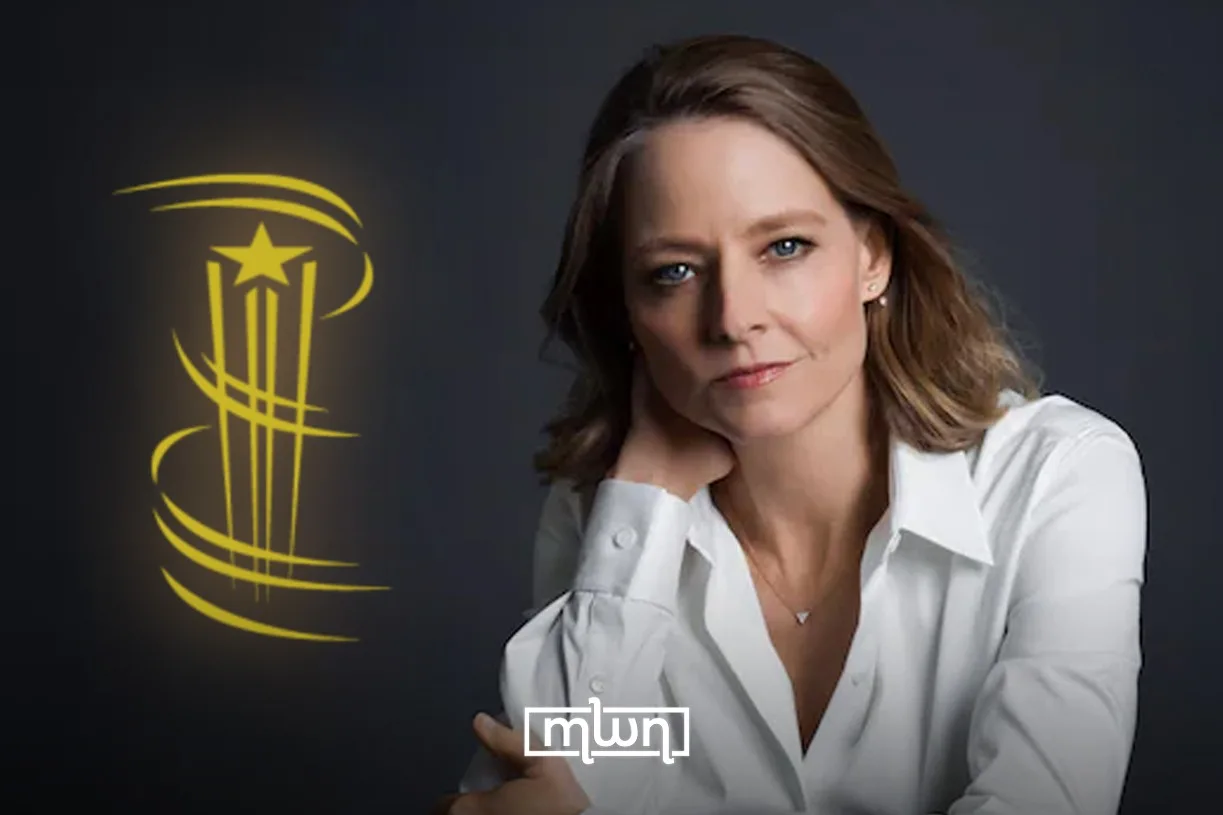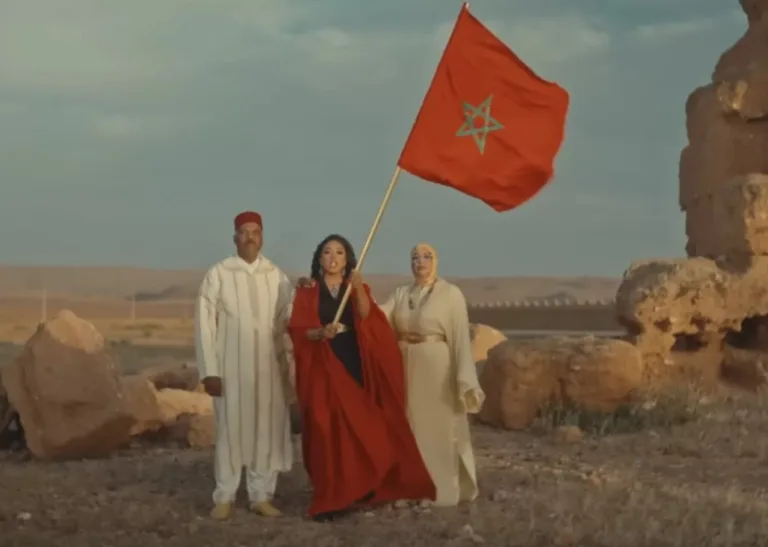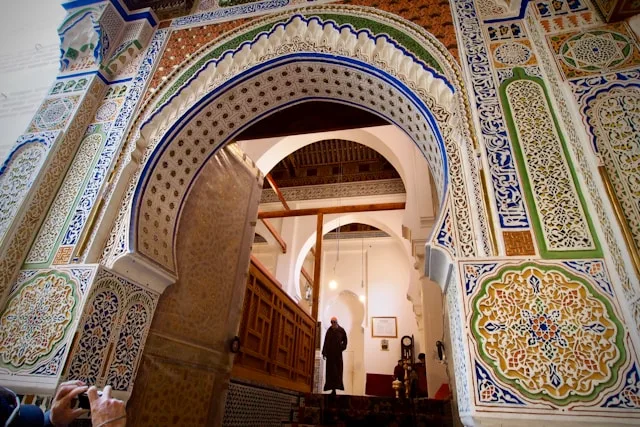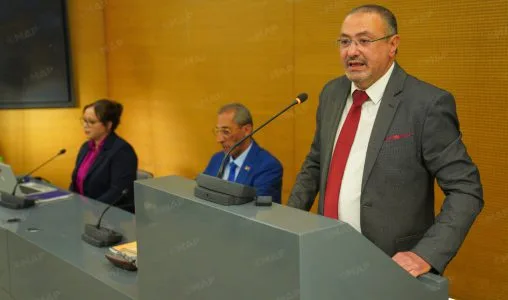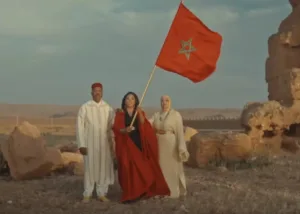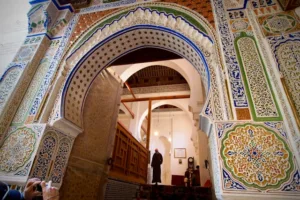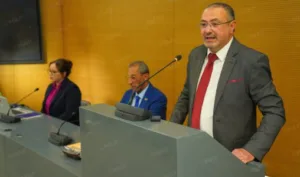Fez – The Marrakech International Film Festival honors Jodie Foster this year, alongside other global figures, with tributes scheduled for the November 22–30 edition. Local outlets have confirmed the homage, which anchors a starry lineup and signals the festival’s intent to celebrate artists whose work joins art with audience impact.
Foster’s reputation rests first on performance. She is a two-time Academy Award winner for Best Actress, earning her first for “The Accused” and a second for “The Silence of the Lambs.” The latter remains a landmark in psychological thrillers and in the evolution of resilient female leads on screen. The Academy’s archive features her 1992 win for Clarice Starling, a performance that rewired the genre’s center of gravity.
Those Oscars were not endpoints. Foster’s range spans the unsettling precocity of “Taxi Driver,” the moral ferocity of “The Accused,” the head-and-heart science of “Contact,” and procedural intelligence in “Inside Man.” In 2021 she won the Golden Globe for Supporting Actress for “The Mauritanian,” a courtroom drama that again tapped her knack for playing principled professionals who invite viewers to weigh justice against power.
Her television renaissance has been just as meaningful. In 2024, Foster led and executive-produced “True Detective: Night Country,” a winter noir that drew raves and major hardware during awards season, including an Emmy win that underscored her seamless move between film and prestige TV. The performance felt both new and quintessentially Foster: laconic, rigorous, and built from small choices that accumulate into authority.
Foster is also a director with a clean, actor-first style. She debuted behind the camera with “Little Man Tate,” followed by the bittersweet family comedy “Home for the Holidays,” and later returned to studio-scale pictures with “The Beaver” and “Money Monster.” Across film and television, her direction favors performance, proportion, and moral ambiguity over pyrotechnics, an approach that has made her a sought-after hand for character-driven episodes of series like “House of Cards,” “Orange Is the New Black,” and “Black Mirror.”
Global by formation and instinct, Foster is fluent in French and maintains close creative ties in Europe. This year she stepped into her first French-language lead role with “Vie Privée,” a move that highlights the cosmopolitan thread in her career and deepens her connection to audiences beyond Hollywood. Marrakech’s tribute will resonate in that context: a North African festival that prizes cross-cultural exchange saluting an artist who has long worked across languages, markets, and mediums.
Why does this honor feel particularly apt now? Because Foster’s filmography maps the last half-century of screen storytelling from multiple vantage points: child actor to adult star, actor to director, studio mainstay to prestige TV lead. Few careers demonstrate that breadth with such consistency, and fewer still do it while holding fast to a steady thematic compass — women thinking clearly in compromised systems, searching for truth, and paying the cost without self-mythology.
As Marrakech turns the spotlight on Jodie Foster, the tribute reads less like a lifetime capstone than a chapter marker. Her recent wins and new roles suggest momentum, not coda. For festivalgoers discovering or revisiting her work on the big screen, the through line will be unmistakable: a performer and filmmaker whose rigor makes complex stories feel necessary, and whose presence has helped define what serious, popular cinema can be.

